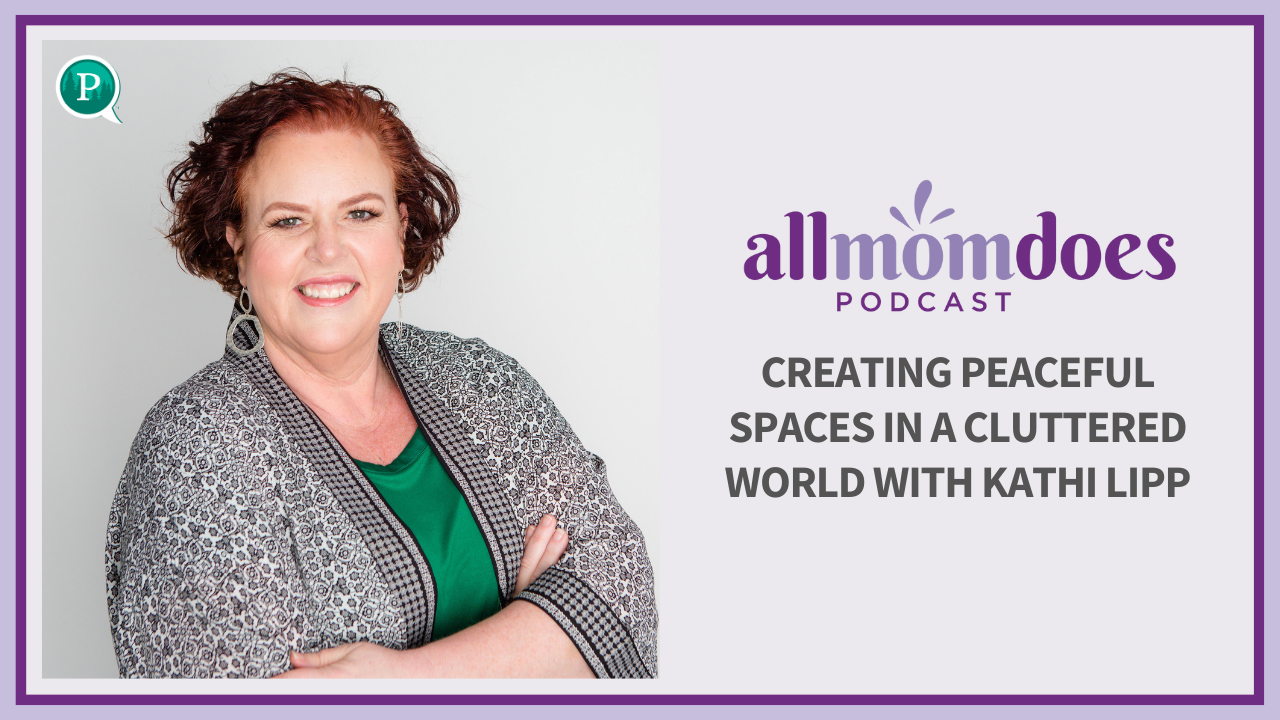All moms know the feeling. We get sick, we keep going. We’re tired, we keep moving. We’ve got things to do. We make a list and plow through. And through all of these, we teach our kids perseverance and diligence. All very important traits to be sure, but I’d have to ‘fess up and share that my youngest son has taught me two very important skills, too: how to be silent and still.
So simple, yet perhaps the hardest thing for us busy moms to do. I know they certainly don’t come easily to me. With two kids, a career and my own disability (psoriatic arthritis), I’ve always got stuff on my mind and things to do. Being silent wasn’t an option and being still wasn’t any closer to happening either.
Then, one day, my husband said something that knocked me upside the head: “What if God gave you exactly what you needed when he brought us Mark?”
It’s true. When I boiled it down, the only thing our adopted son, Mark, truly needed was patience. He needed someone who was willing to take the time to slow down, give him think time and had the patience to try to decipher the few words he did speak. In giving me Mark, God did give me what I truly needed: the opportunity to practice and develop these foreign skills of “silent” and “still.”
Admittedly, it can still sometimes feel counterintuitive. It’s not natural for me. If I’m not doing something, I often feel like I’m wasting time or being lazy. But just as our bodies need sleep, so do our minds and hearts need quiet time to clear the clutter and refocus, too.
So here’s my gift to you, all those wonderfully productive moms out there. Here are some ways—if even for just a few moments—to practice your silent and still skills, too.
Prioritize your mental space. Feel overwhelmed? It’s probably because your thoughts are full-capacity. Whether we like it or not, our mental space is finite. Take a few minutes to “clean house.” Write things down in order to get them out of your head. It’s not about forgetting, ignoring or procrastinating. It’s about prioritizing your mental energy. It’s exhausting to allow thoughts to do nothing more than bounce around inside your head. Stop the counterproductive Ping-Pong, so you can truly be silent.
Create calm. Avoid waiting for a lull to happen. Create calm yourself, and regularly so. And don’t get trapped into thinking it can only happen in one place or at a certain time, either. Perhaps one of the best skills we can develop is learning how to create and experience calm at all times and everywhere. After all, this is what we’re called to do by God: “Whoever listens to me will dwell secure and will be at ease…” Proverbs 1:33a ESV
Creating calm effectively is ultimately a very private skill. What may work for some, may not for others. Try listening to a quiet song, close your eyes and breathe deeply or take a moment to reflect on the ultimate gift of security you have in Jesus. Personally, what works best for me is what I like to call “psimple prayers.” They’re short, easy to remember prayers from the Psalms that I recite to myself throughout the day. They help me stop, immediately reprioritize and refocus.
Let go in order to let God. Embrace that your life is not your own. You don’t have to do everything. God never intended you to. Approach your life—and everything on your to-do list—as a steward, doing only the very best you can. Remind yourself that this is not being lazy. This is purposefully creating space for God to do His work, too. If we’re not still, we can crowd Him out. If we’re not silent, we can’t hear Him, either.

















